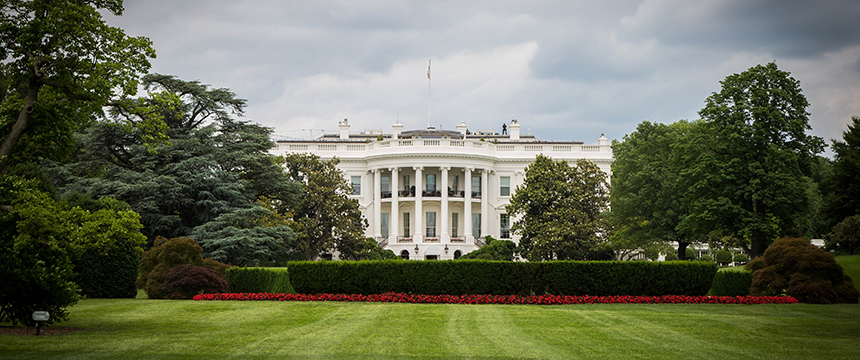President Trump Announces Forthcoming Executive Order Affecting Permanent Residents

On April 21, 2020, President Donald Trump announced at a press conference that in short order he will sign an executive order barring from entry, foreign nationals applying for permanent residency. He said the executive order will “help put unemployed Americans first in line for jobs as America reopens.” President Trump did not offer specific details on what type of future economic improvement would merit a lifting of the U.S. admission restrictions. President Trump announced via Twitter Wednesday morning [April 22, 2020] that he would formally sign the executive order later in the day.
The White House has yet to release a final copy of the executive order, but President Trump stated that the upcoming order will not affect foreign nationals from entering the U.S. as tourists, students, and on nonimmigrant work visas [i.e. H-1B, L-1, O-1, TN, etc.]. It is still unclear if the executive order would bar spouses and immediate relatives of U.S. citizens and lawful permanent residents from entering the U.S. under family, not employment-based visa petitions. That said, President Trump noted that the executive order will include some exemptions, including agricultural workers [i.e. H-2A temporary agricultural workers]. The provisions of the executive order will be in place for a 60-day period, but President Trump noted he may extend the executive order “based on economic conditions at the time.”
While the forthcoming executive order will seemingly not affect foreign nationals on temporary work visas [i.e. H-1B, L-1, O-1, etc.], President Trump suggested that more restrictions for nonimmigrant employment-based visas may follow at a later time. It remains to be determined what categories of employment-based visas might be included in future executive orders curtailing lawful immigration.
In practical terms, the anticipated executive order is largely symbolic due to the restrictions already in effect on lawful immigration as a consequence of the coronavirus pandemic. Previous executive orders [i.e. Proclamation 9984, Proclamation 9992, Proclamation 9993, etc.] suspended entry of certain immigrant and nonimmigrant foreign nationals who were physically present within China, Iran, Schengen Countries, UK, and Ireland, 14 days prior to their entry into the U.S. President Trump has also indefinitely suspended all routine immigrant and nonimmigrant visa services at all U.S. Embassies and U.S. Consulates. U.S. Citizenship and Immigration Services also suspended, until at least May 3, 2020, all routine in-person services, including adjustment of status interviews, biometrics appointments, and naturalization oath ceremonies.
Foley has created a multi-disciplinary and multi-jurisdictional team, which has prepared a wealth of topical client resources and is prepared to help our clients meet the legal and business challenges that the coronavirus outbreak is creating for stakeholders across a range of industries. Click here for Foley’s Coronavirus Resource Center to stay apprised of relevant developments, insights and resources to support your business during this challenging time. To receive this content directly in your inbox, click here and submit the form.
